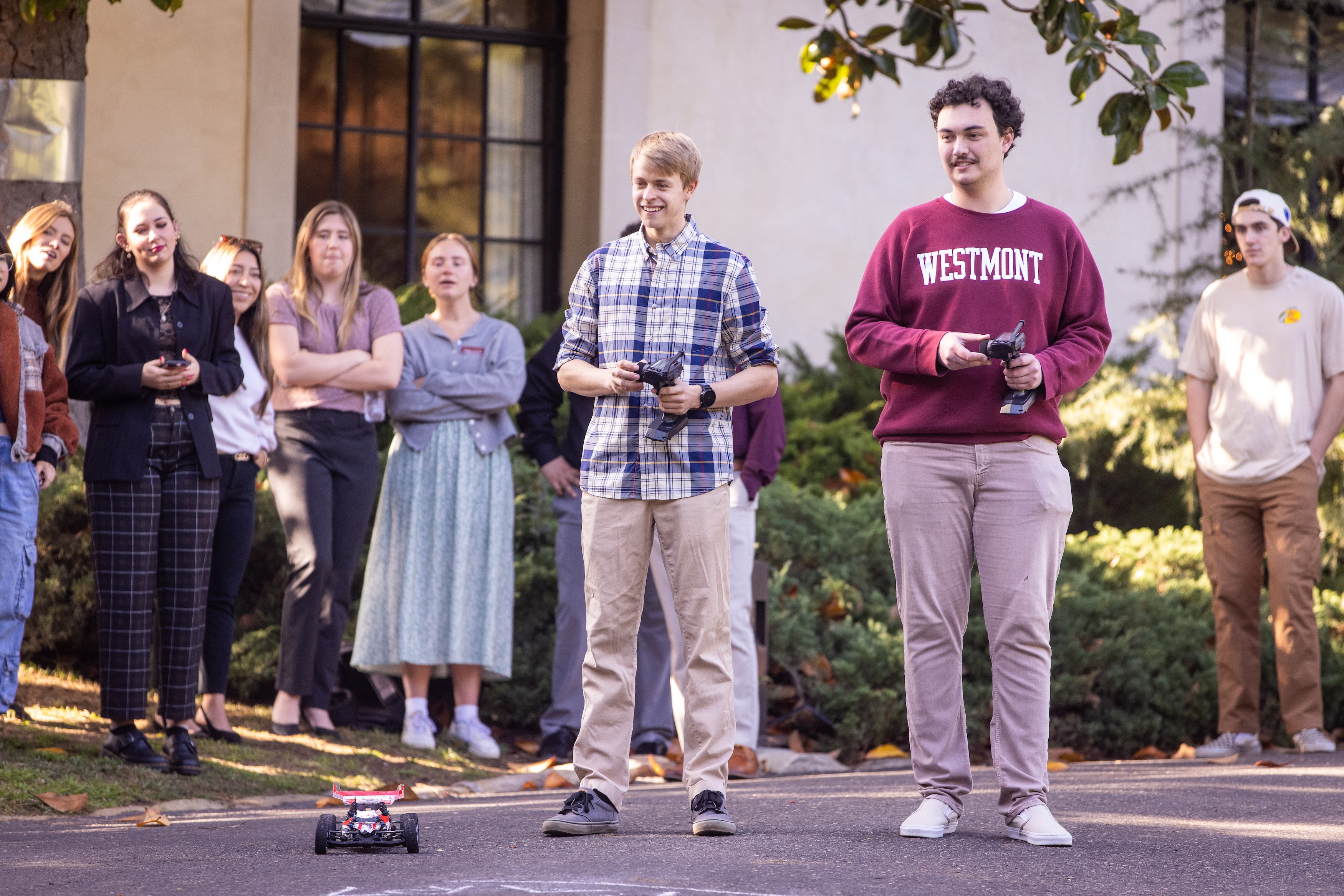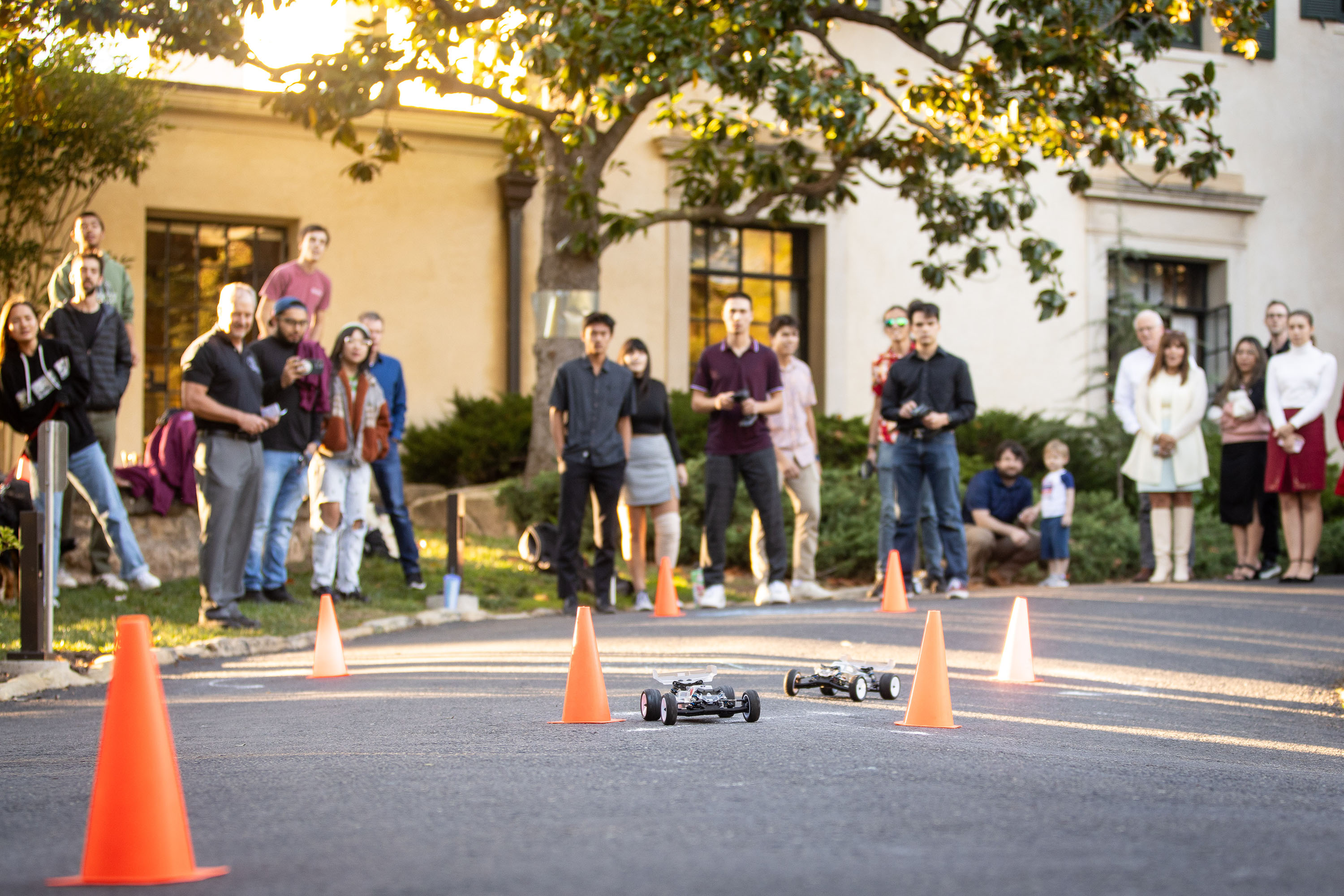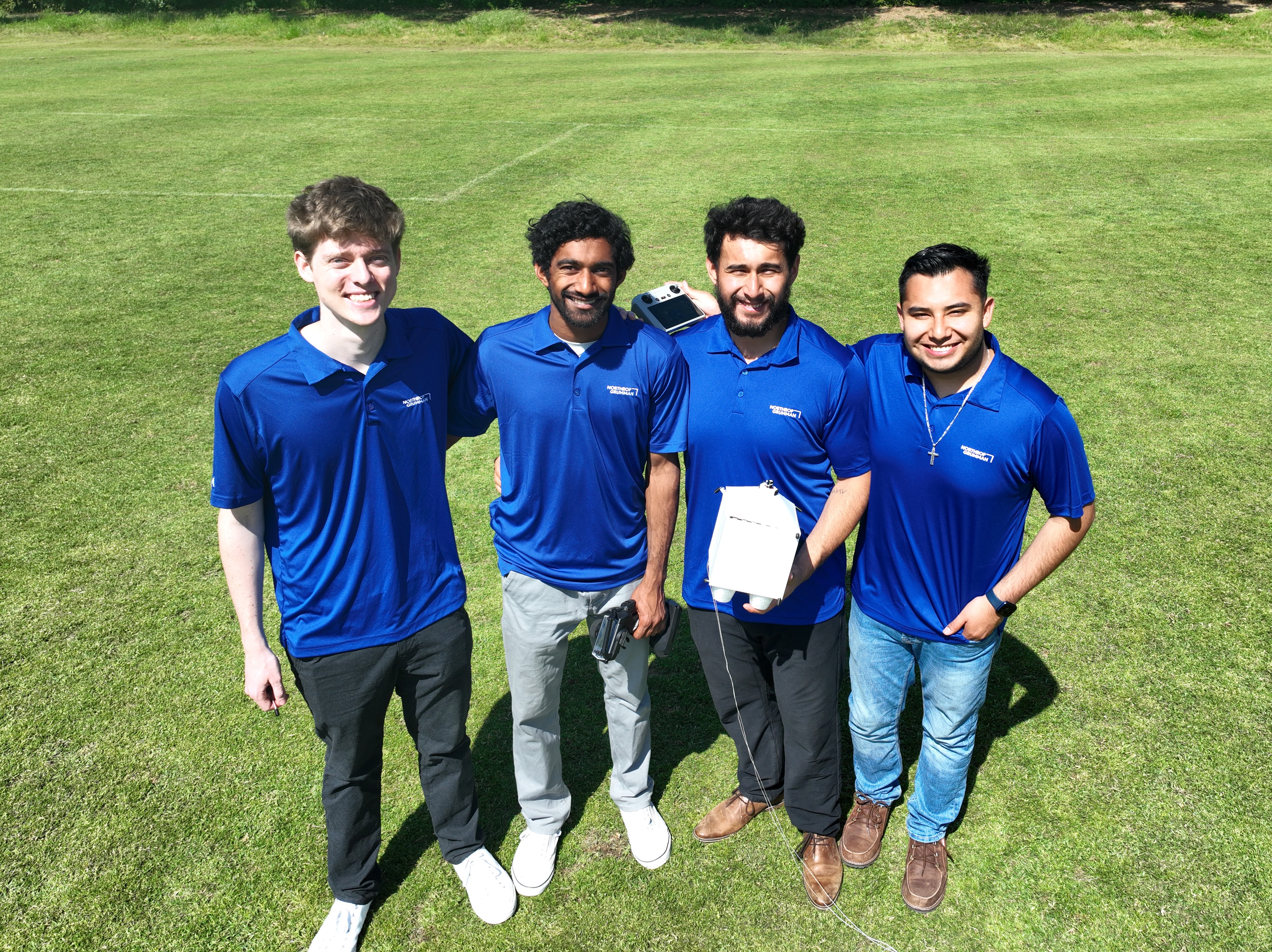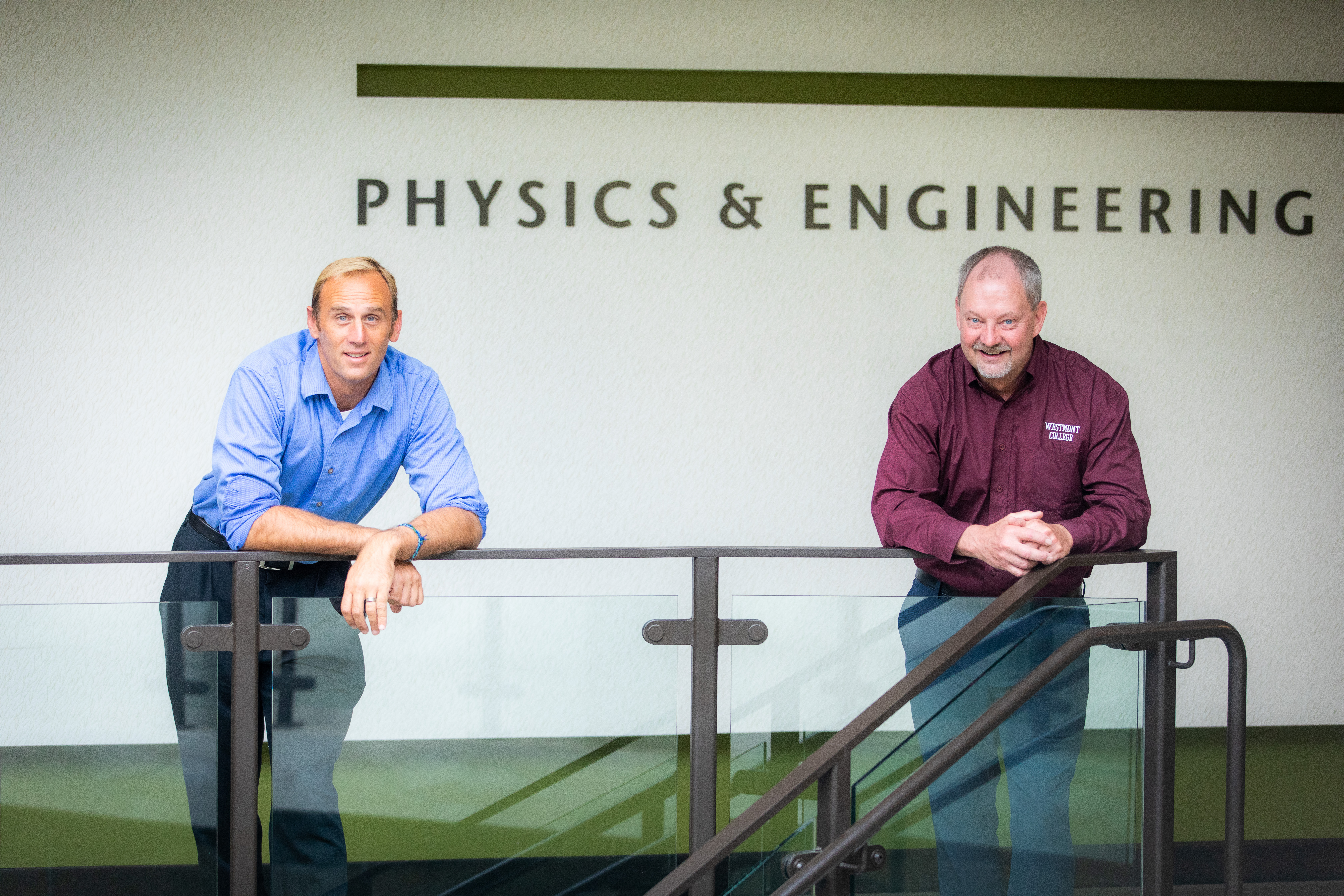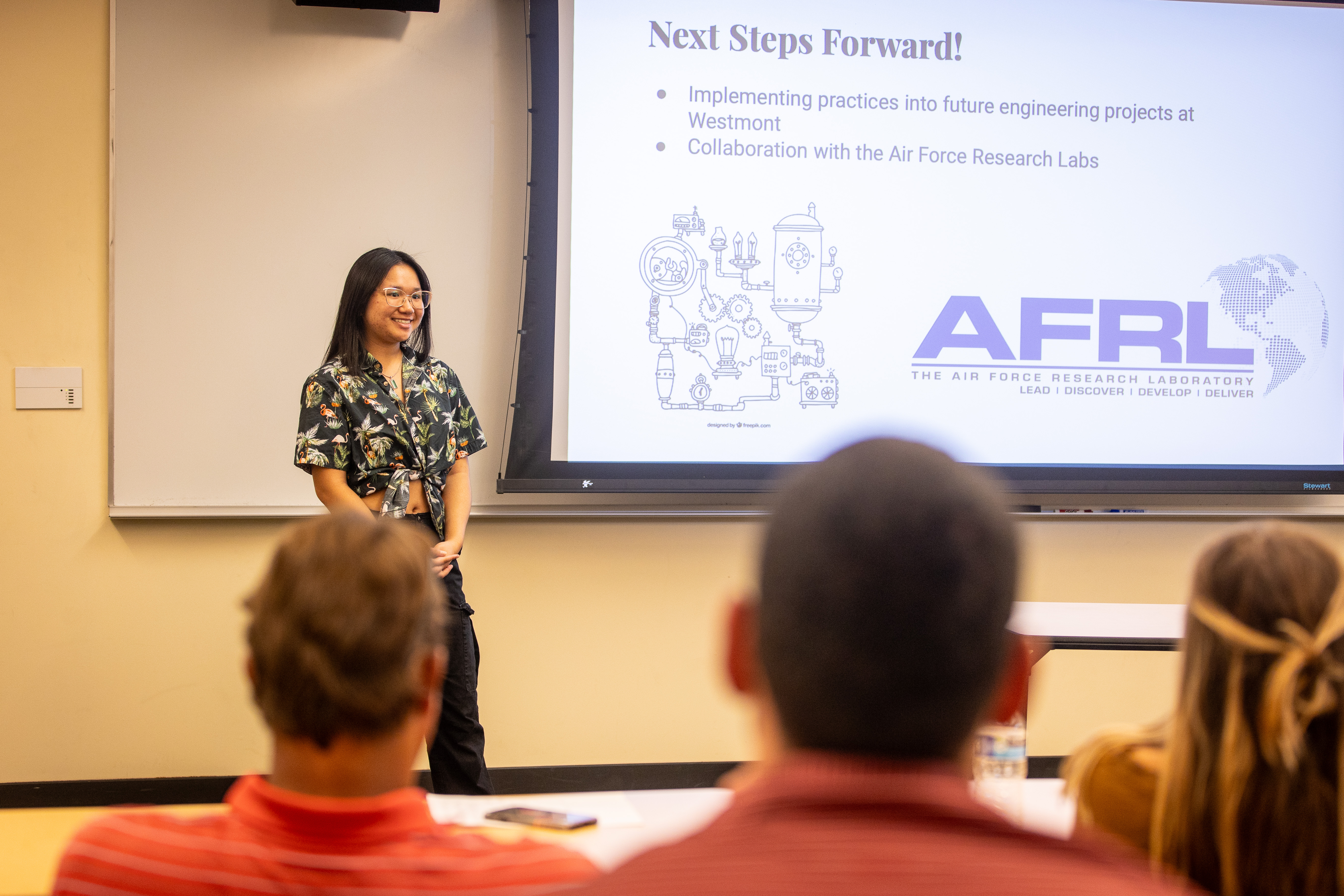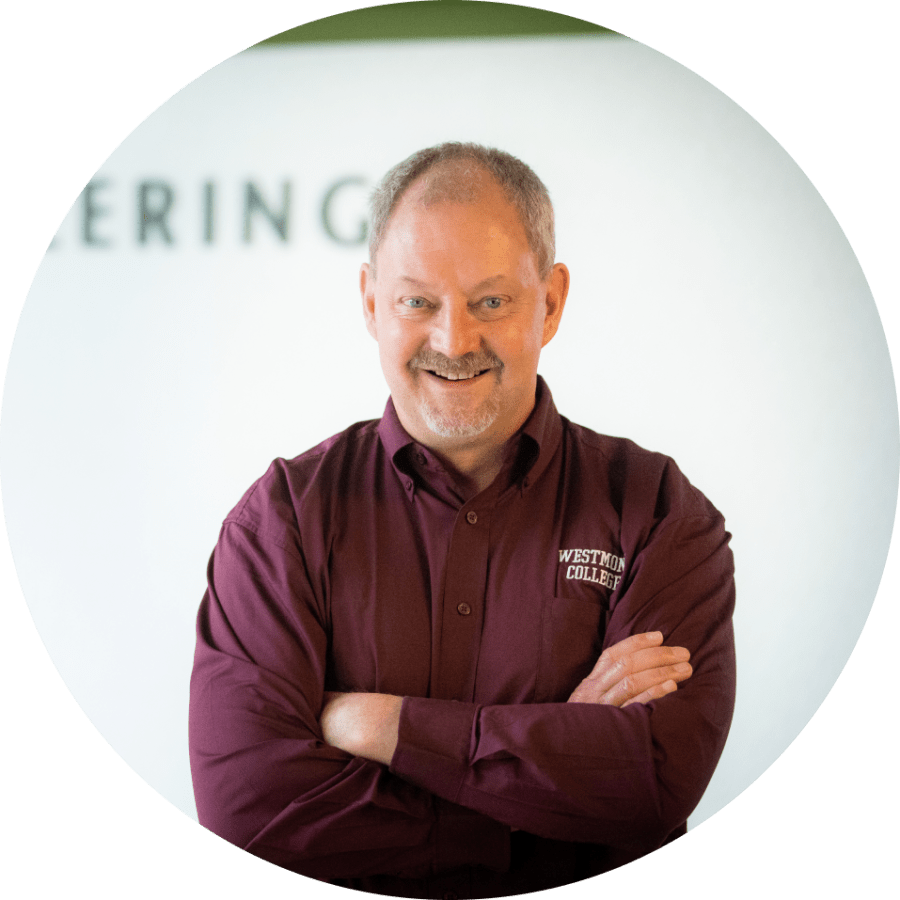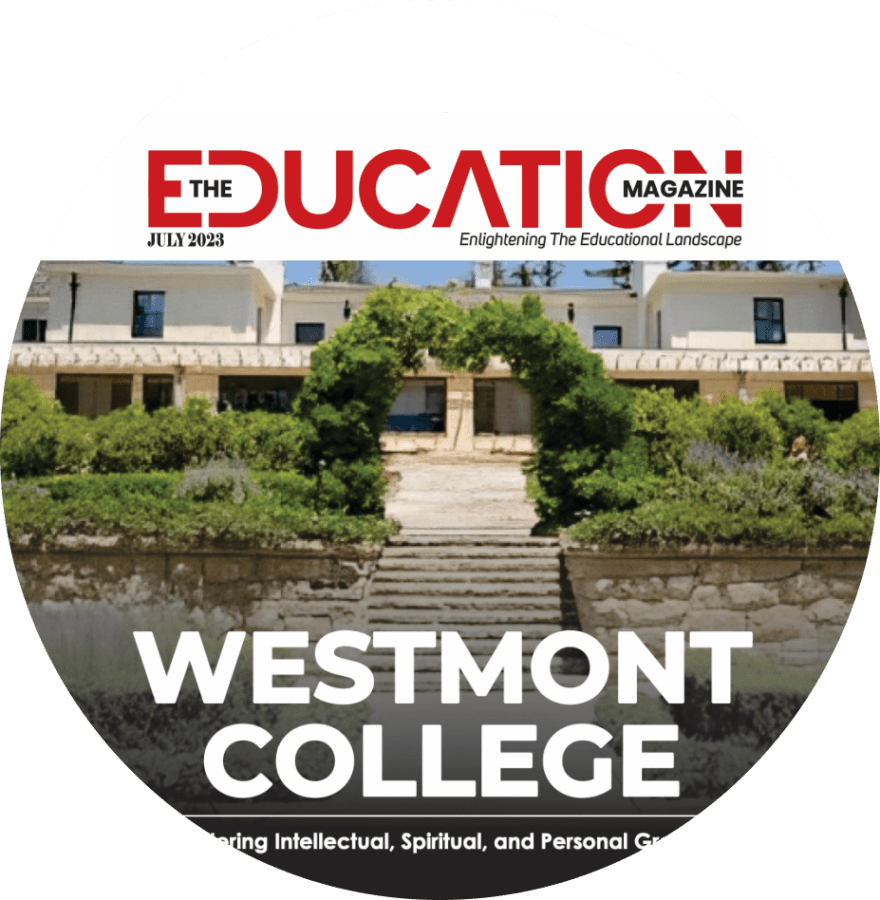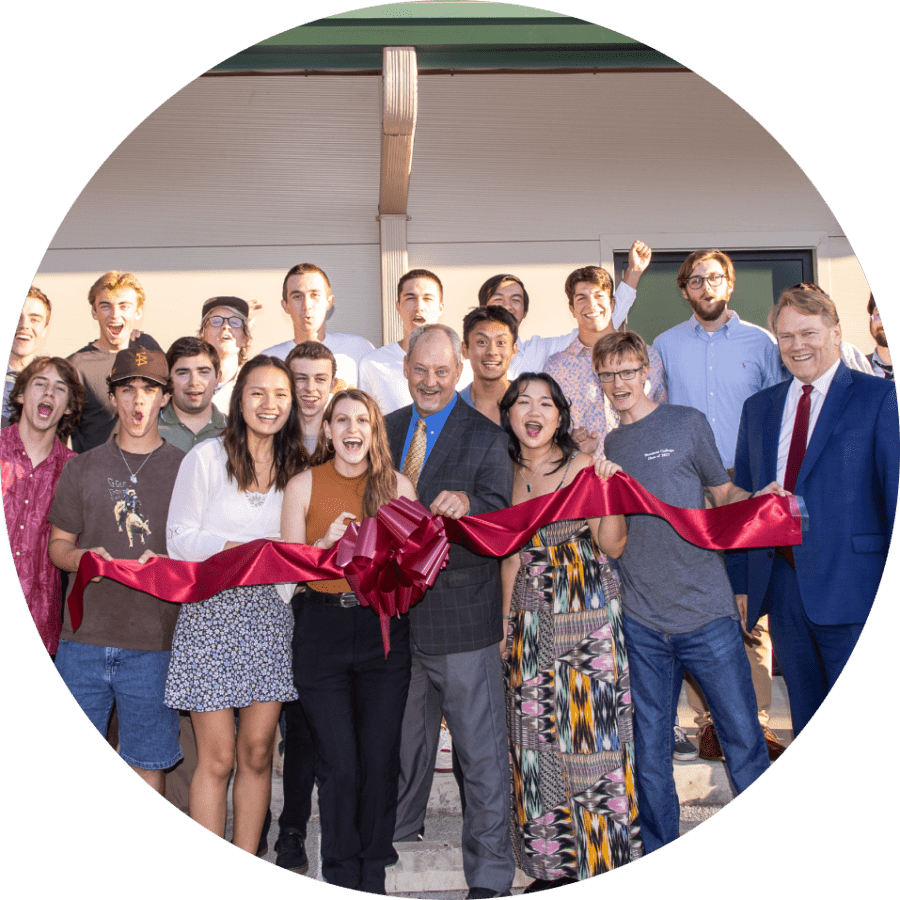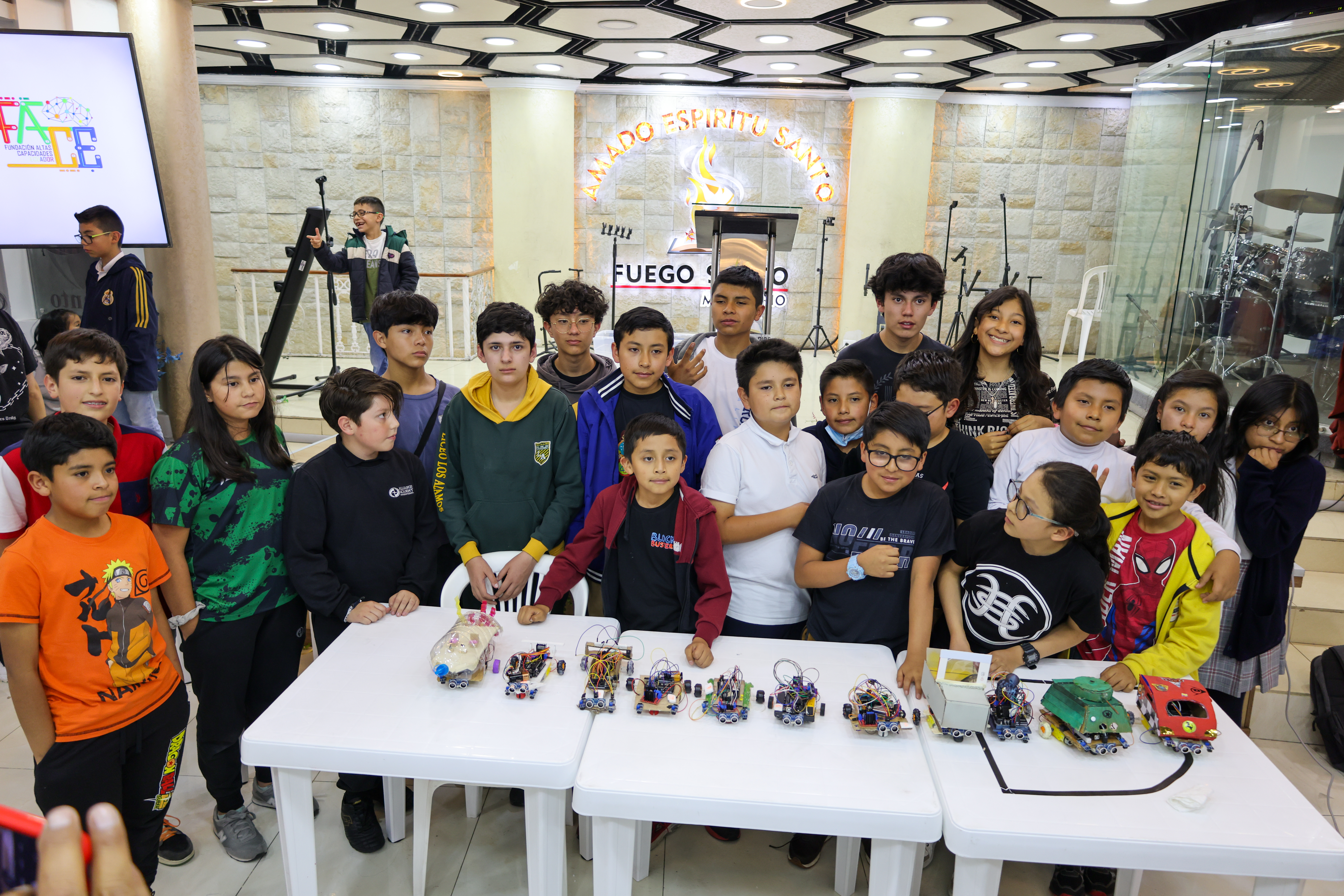Westmont Engineering works to integrate professional endeavors with faith experience.
The Westmont Engineering program is taught by Christian faculty who are experts in their fields. Our program emphasizes hands-on active learning and design-oriented experiences that make the technical content come to life.
Westmont offers a ABET Accredited BS in Engineering. A new Westmont building provides an incredible maker space and engineering student lounge for the engineering program. Westmont's location in Santa Barbara, California is one of the most beautiful places to live, study, and work. Graduates don't have to look far for remarkable job opportunities.
Engineering Design Innovation Camp
June 15 - 20, 2026
Join us in Santa Barbara for Westmont’s Engineering Design Innovation Camp, the first immersive hands-on camp experience for high school students passionate about exploring the world of engineering.
Westmont Engineering is built around three pillars.
|
A solid CHRISTIAN LIBERAL ARTS foundation |
EXCELLENCE IN TECHNICAL ENGINEERING TRAINING learned in small classes, focused on HANDS-ON ACTIVE LEARNING, with professors that are very engaged with their students |
INTEGRATION OF ENGINEERING DESIGN AND INNOVATION throughout the curriculum |
Dan Jensen
Major in Engineering
Westmont’s ABET Accredited B.S. in engineering promotes specialization, job opportunities and graduate school. To the Christian liberal arts, we add a solid math and science foundation with in-depth content in all critical, technical engineering areas. Christian experts teach small classes (averaging 10) where students learn by doing and get to know professors. Hands-on, design-oriented experiences bring technical content to life.
We focus on engineering design and innovation because design differentiates engineering from other technical disciplines. Engineers create (design) products, processes and services to help people. As Christians, we endeavor to love people and help them lead better lives. Design Innovation (DI) plays a central role in multiple courses:
- Engineering and the Liberal Arts (first year)
- Junior Design
- Senior Capstone Design (two semesters) focusing on industry-sponsored projects.
We include DI through mini design experiences incorporating technical content in various courses.
The Christian liberal arts help graduates excel in their careers. While engineering practice requires great technical competence, the engineering industry increasingly demands thoughtfulness and skills that the Christian liberal arts teach: leadership, teamwork, conflict-management, interpersonal skills, empathy, negotiation and written and oral communication skills.
Westmont Engineering integrates professional endeavors with faith. We creatively design things to improve people’s lives, which aligns with Christ’s command to “love others as ourselves” (Matt. 22:39). Our junior design course emphasizes designing for service.
I SPEAK GEEK | Engineering at Westmont
Interested in pursuing a career in Engineering?
Engineering graduates find tremendous opportunities across a broad range of industries such as design, energy, sustainability, environmental resources, robotics, automation, vehicle design, aeronautics, space, manufacturing and the internet of things (IoT).
Engineering continues to be one of the most rapidly growing majors in the country, with demand in the job market for engineers soaring. With many industries employing engineers in Santa Barbara County, Westmont engineering students will find a rich source of internships during college and jobs when they graduate. Opportunities for women and ethnic minorities are especially abundant.
Meet The Faculty
The Westmont Engineering Faculty are at the top of their field and work on the cutting edge of research.
New State-of-the-Art Engineering Facility
A new Westmont building provides an incredible maker space and engineering student lounge for the engineering program.
Research & Internships
Engineering students at Westmont can gain real-world experience through internships that may also count for elective credit. Like all Westmont students, engineering majors have the opportunity to conduct research with professors or pursue their own projects and ideas. This hands-on experience prepares them for engineering jobs and graduate school.
